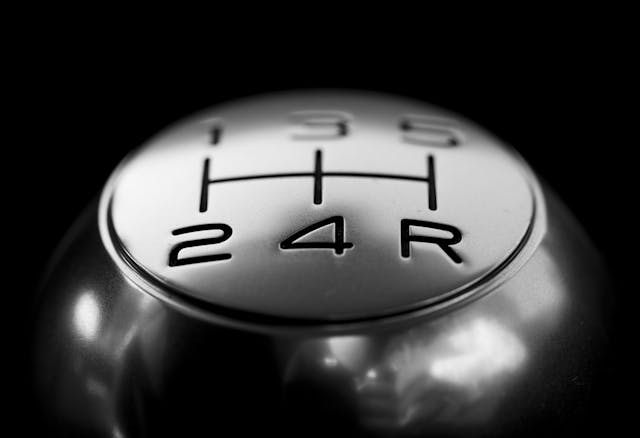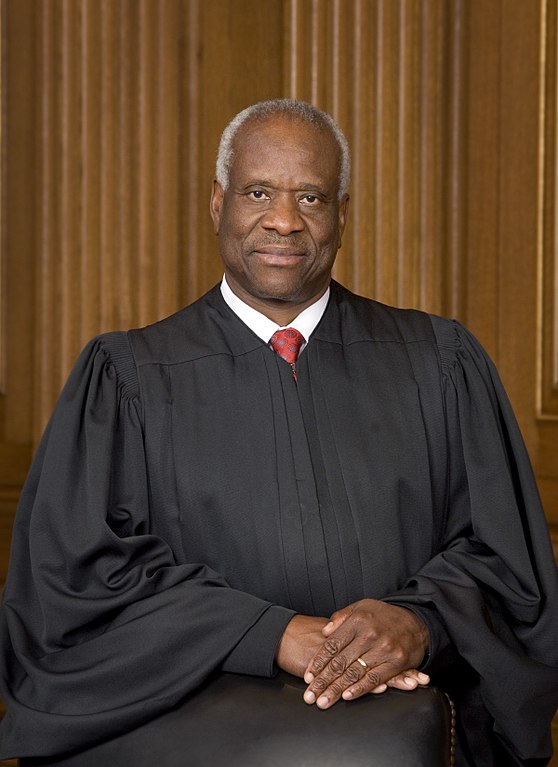*Sometimes I write a piece that due to delays or other projects, never finds a timely home. Here’s one such piece, written a few months ago about the (then current) new motu proprio from Pope Francis, “Ad theologiam promovendam.”
What “Ad theologiam promovendam” gets right
Headlines linking Pope Francis with controversy are just about as common nowadays as pumpkin spice lattes are in the fall. See enough flannel-clad white girls with infinity scarves and soon they just fade into the background autumn scenery; so it’s understandable if many people’s eyes glazed over when the Pope’s most recent writing, Ad theologiam promovendam, broke into headlines earlier this month.
But nevertheless, the apostolic letter made it’s rounds in the Catholic (and secular) headlines, mostly grabbing attention for its stark calls for a “paradigm shift” and “cultural revolution” in the practice of theology.
Many theologians (such as the respectable Larry Chapp) read the letter as another example of this papacy’s radical agenda, now barely-masked by its chronic ambiguity. The Pope uses language like “paradigm shift” and “revolution.” But the document doesn’t define what, exactly, the Pope means by these terms.
And so these words start smelling like the progressive-Catholic rhetoric of many within Francis’ papal court who seem—when finally held down on the matter—to want a complete reversal of irreformable Catholic truths. Couple that with the Vatican’s reluctance to release the document in any language but Italian, and it feels like Rome really is hiding something. And not to mention that with this, yet another motu proprio, the synodal-minded Francis seems to actually rule like a Tijuana drug lord.
That’s where I might’ve stopped my analysis had the apostolic letter dropped a few months earlier. But as it happens, I discovered Ad theologiam promovendam just as I finished a book advocating for, of all things, a paradigm shift in theology. Since the book was from Dr. Michel Therrien, a well-respected and thoroughly non-progressive theologian, it gave me pause.
Because here’s what, in retrospect, should be obvious—theology does need a paradigm shift.
The fact is theology already had a paradigm shift, and a pretty massive one, only a few decades ago. The Garrigou-Lagrange Thomism of late-modernity squared off against ressourcement and the “New Theology” at the Second Vatican Council—and the New Theology won.
Most Catholics would celebrate this victory. The old-guard theology was crumbling in the face of modernity: due to philosophical inadequacies, but especially because of the inflexible church culture and pastoral atmosphere the theology created. Talk to any old priest about seminary in the 1950s, for example, and it becomes obvious the climate was far too harsh and authoritarian to stand in the wake of modern psychology and equality movements.
And so Vatican II rejected the existing paradigm, and simultaneously took on a pastoral focus. The old theology was replaced by the new, and a more open and psychologically-wholesome church environment was envisioned.
But the program didn’t fully land. Theology needs a paradigm; but the replacement wasn’t put forward with the same consistency and unity as the old. Anti-modernist fervor and a quickness to define made old theology a closed package, self-referential and minutely precise on anything even proximate to the faith. The Council distanced the Church from that package, but failed to wrap up an enticing new one (whether from failures before, within, outside, after, etc. we shan’t here speculate).
The result was multiple competing paradigms arising to fill the void. Each paradigm has areas of truth, and major areas of weakness; but proponents only see the good, while opponents only see the bad. So the Church becomes fractured and torn—and we argue over our theological brands while bleeding out on the sidewalk.
Dr. Therrien lays out four such paradigms operative underneath the nominal “Catholic” label: what he dubs the liberationist, psycho-spiritual, charismatic, and neo-traditional paradigms.
Liberationists are the dominant forces in ecclesial and Roman power structures. This paradigm varyingly joins Marixism to theology (on the Catholic left), or Liberalism to theology (on the Catholic right). In both cases it focuses on social/political structures and remedying injustice in this world—but diverging on a “seamless garment” focus on the poor and the immigrant, or a “culture of life” activism for the pro-life or pro-market or pro-family cause.
Psycho-spiritualists baptize psychology and non-Christian spiritual practices, emphasizing the wholeness and well-being that Christ’s healing should bring. This paradigm seeks to create a “welcoming” church, where any individual can find a sense of inner peace and belonging.
The charismatic paradigm comes, naturally, from the Charismatic Renewal. They emphasize a “life in the Spirit,” often focusing on special manifestations of grace and emotive types of prayer.
And lastly comes neo-traditionalists, who reject the deficiencies in the other three paradigms and seek to emulate the “old theology” paradigm that came before them. This paradigm has an ecclesiological and liturgical focus.
Each paradigm is good and necessary—but incomplete. The Gospel does impel us to work for justice in this world; but it calls for action beyond political categories and secular philosophies. Jesus does come to heal and restore us to wholeness; but real healing respects the truth, which calls us to sometimes-difficult action. A life of grace in the Holy Spirit is the fullest life of the believer; but this life is often subtle, and even ordinary. And Jesus did make a liturgical Church, which safeguards unchanging Tradition through the Magisterial hierarchy; but that Tradition is a living one, and calls us to periodically re-examine our merely human customs.
This is the background that calls for a modern paradigm shift in theology, and is Dr. Therrien’s primary concern. Theology needs to become a source of unity which motivates us to evangelize for Jesus Christ—not a mallet we use to pound our different-thinking coreligionists on their heads. This is a paradigm shift beyond paradigms. It’s a willingness to step outside our mental tribe into the light of Truth Himself, who incorporates all legitimate human diversity into a Divine Unity.
The need for this shift in Catholic culture should be apparent. Theology wars and liturgy wars and culture wars abound in every Catholic journal, newspaper, parish and family—all the while the Church dives headfirst into irrelevancy. We desperately need to rise above these divisions to preach Jesus Christ, where theology becomes faith seeking understanding—instead of a mallet seeking a skull.
This all might be a sidestep, of course, from Ad theologiam promovendam. The Pope might appear to be, and maybe really is, trying to simply impose an existing paradigm over the others. For the Vatican, calling for a “paradigm shift” could really just be gaslighting Catholics in other theological camps to give way to a progressive liberationist or psycho-spiritual domination. It isn’t a call to stop fighting the war; it’s a plan to win it. I genuinely don’t know, and I’m not sure if anyone does short of (presumably) Francis himself.
But an important truth exists in his words that threatens to be lost amid the rabble. Theology might not be “re-proposing formulas and schemes from the past,” but it still isn’t working as it should. It is in need of a paradigm shift: a shift away from partisanship into a harmonious diversity. All parts of the Church rowing in the same direction, but not necessarily in sync—if “synodality” means anything, it must mean something like that. And while evidence grows that the Synod on Synodality is instead moving to a lowest-common-denominator Catholicism, hope persists for an authentic revival.
The Holy Spirit moves within the Church regardless of the hierarchy’s intentions. And for our part, we can work towards a deeper understanding of our own theological presuppositions, and be transformed by the renewal of our minds—bringing new life to ourselves and to our Church.
That’s a paradigm shift we should all get behind.



